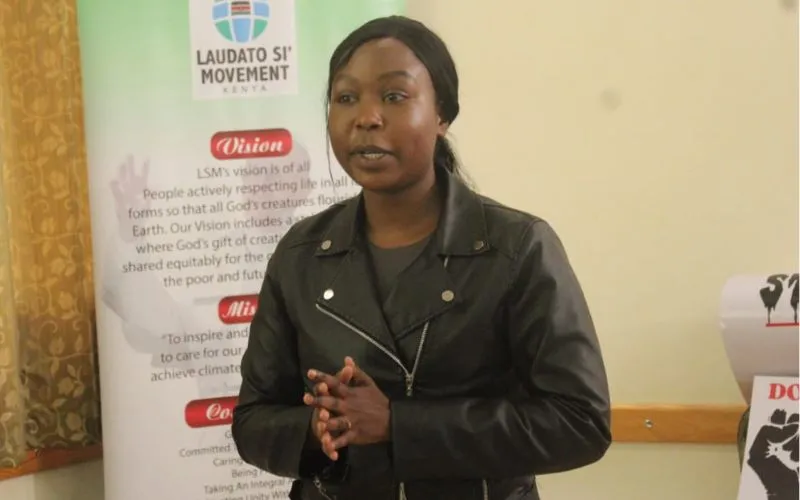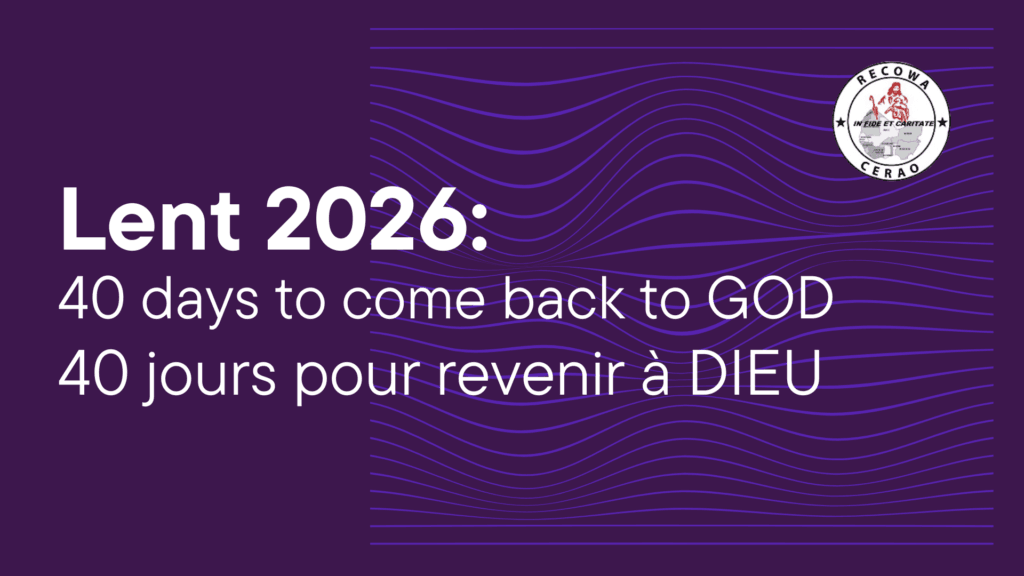In a context where climate finance in Africa is crucial for the continent’s resilience to the devastating impacts of climate change, Ashley Kitisya, Head of Programs for the Laudato Si’ Movement in Africa, has made a resounding call. She called on the African Development Bank (AfDB) Group to ensure that its climate finance does not perpetuate existing injustices, but rather serves as a lever for more just and equitable development.
In a recent interview, Ms. Kitisya expressed her views on the recent approval by the Green Climate Fund of $151 million for a major climate resilience program in the Horn of Africa, a project supported by the AfDB. While she welcomed the funding, she also stressed the importance of its focus. “The Bank must ensure that climate finance is equitable and does not exacerbate existing inequities, including debt, food sovereignty and access to energy,” she said.
The approval of this financing represents an important step, but Kitisya remains cautious. She criticizes in particular “the AfDB’s continued investment in fossil fuels, particularly gas,” and calls for greater transparency and accountability in the management of climate funds. “Transparency, accountability and consultation with affected communities must be priorities in all decisions on climate finance,” she insists. This is part of a broader demand for compliance with international human rights standards.
While the $151 million recently approved is a significant step forward, the funds available for real climate resilience in Africa remain, according to her, insufficient. This grant includes $90.7 million in grants and $60.3 million in loans, but the question remains: will these amounts really be enough to sustainably transform the agricultural and socio-economic systems of the most vulnerable communities?
The “Strengthening Climate Resilience for Food and Livelihoods in the Horn of Africa” program, which will benefit 4.6 million people in Djibouti, Somalia, Kenya, Ethiopia and South Sudan, is of critical importance. This region is one of the most exposed to climate risks, experiencing extreme weather events such as erratic rainfall, heat waves, and recurrent droughts and floods.
These climate changes are exacerbating existing socio-economic challenges. Agro-pastoral communities, who depend on rain-fed agriculture, are seeing their livelihoods threatened. Soil degradation, increased disease in livestock and humans, and a decline in agricultural productivity are all dramatic consequences. In this sense, the AfDB project, administered from 2025 and implemented over a six-year period, aims to strengthen the resilience of these communities for the next 25 years.
However, behind this promising project, concerns remain. Ms. Kitisya particularly highlighted the risks related to the increase in public debt in the beneficiary countries of this program. “The current financing, which includes a $60 million loan, could exacerbate the already alarming debt crisis in this region,” she warned. Indeed, many African countries, and in particular those in the Horn of Africa, are already heavily indebted, which limits their ability to invest in sustainable long-term projects.
Dependence on fossil fuels is another sensitive point. If the African continent still needs to meet growing energy needs, it is crucial, according to Ms. Kitisya, not to continue to invest massively in fossil fuel infrastructure, such as gas. She advocates for a transition to cleaner and more sustainable energy sources, in line with global carbon reduction targets.
To ensure the effectiveness and fairness of climate finance, Ashley Kitisya calls for meaningful consultation with local communities, often the most affected by climate change, but also the most marginalized in decision-making processes. Inclusive climate governance, which takes into account the specific needs of vulnerable populations, is essential to prevent these initiatives, however well-intentioned, from worsening inequalities.
Thus, climate finance in Africa must be rethought so that it is not only a response to the climate emergency, but also a catalyst for sustainable and equitable development, respectful of the rights of populations. In a continent facing unprecedented environmental and socio-economic challenges, the time for action is now. However, as Ms. Kitisya emphasizes, this action must be guided by principles of justice, inclusiveness and sustainability.
- CATHOLIC ARCHBISHOP IN GHANA HAILS POPE LEO XIV AS GOD’S GIFT - 23 mai 2025
- POPE LEO XIV TO APPROVE CANONIZATIONS - 22 mai 2025
- THE EVOLUTION OF PAPAL TRANSPORTATION - 20 mai 2025







